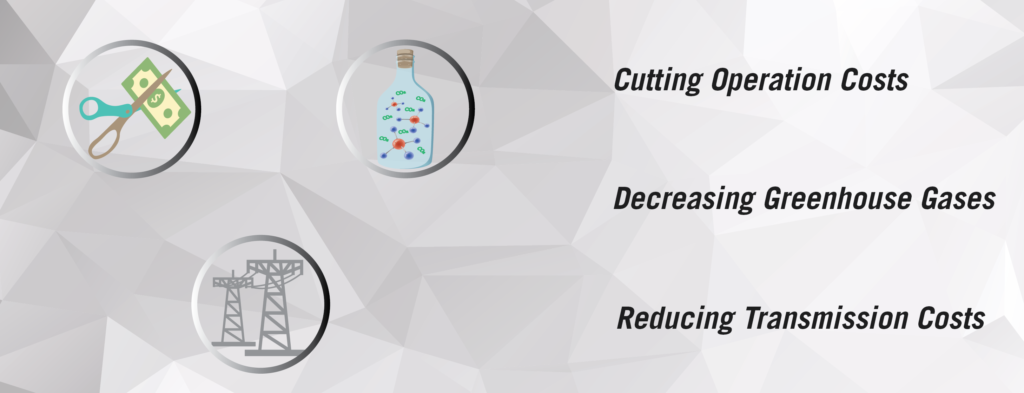Zero Net Energy (ZNE) is a design strategy that has piqued the interest of many clients. ZNE is a viable solution due to the declining price of photovoltaic panels. Since a decade ago, the payback period has reduced from 20 years to a 6-8 year period.
The State of California has defined ZNE as “An energy efficient building that produces as much clean renewable energy as it consumes over the course of a year, when accounted for at the energy generation source.” According to the State, ZNE allows the use of natural gas and electricity generated off-site but requires an equal amount of energy generated using clean renewable sources to offset those off-site fossil fuels. However, the introduction of ZNE produce concerns around reducing and stabilizing long-term operating costs, a need for an additional power infrastructure and whether it has a impact on global warming or reducing greenhouse gases.

While California’s definition of ZNE would stabilize the cost of energy generated on-site, it does not address the demand for storage of surplus generation for use after the sun goes down or on a stormy day. During those periods when the on-site source is not covering demands, the facility is using energy sources that are subject to increasing energy costs. In addition, there is a need to generate enough electricity to offset the gas energy used. Which means the building owner is paying for a costly infrastructure to over generate power will sell back to the utility company at a marginal price. Thus, it would be ideal for the local utility company, but not for the building owner who is trying to reduce or stabilize long-term operating costs. Clients who are considering eliminating gas usage or just not offsetting the gas energy used, may consider storage of energy as an option. However, battery technology or energy storage is not perfected. Other options like ice making or water pumping may not be effective for large scale projects.
The State’s definition of ZNE does not clearly define the goal for reducing global warming. Compared to diesel and coal, natural gas has been widely accepted as a relatively clean energy source and as an efficient solution for heating needs. Recent studies are raising questions about how clean this source is since there is methane lost to the atmosphere when pumping and transporting the natural gas, resulting to an increase in global warming. Methane is 85 times more effective at trapping heat in the atmosphere than the carbon dioxide that is created in burning natural gas. Whether natural gas is cleaner that other fossil fuels depend on how much methane is lost in the process. A 1990 study by the United States Environmental Protection Agency suggests that a low percentage of gas volume is lost during the process of burning natural gas. However, conclusions made by these studies are being questioned as some estimates of these studies indicate that the effects of natural gases on global warming is closely equal to the effects of oil and coal.
As a matter of fact, studies supported by the Environmental Defense fund and conducted by 140 researchers from 40 institutions and 50 companies are finding a need for more accurate measurement methods as there are high rates of methane leakage. This is especially important in California where much of the electricity generated is from gas fired power plants. To reduce the carbon footprint of facilities using a ZNE strategy, there must be a focus on finding solutions to use renewable energy stored in excess capacity on-site when there are none available.
ZNE is a strategy. What is needed to refine that strategy is to define the goals of the client.
References:
https://climate.nasa.gov/effects/
https://www.eia.gov/state/?sid=CA#tabs-4
https://www.edf.org/climate/methane-studies
https://www.edf.org/climate/methane-other-important-greenhouse-gas
https://www.epa.gov/natural-gas-star-program/methane-emissions-natural-gas-industry

